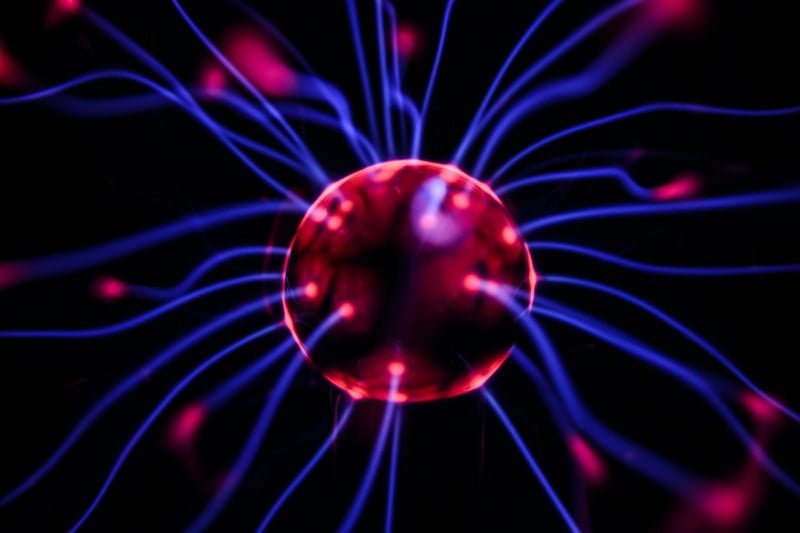Table of Contents
- Origins and Theoretical Foundations
- Mechanisms of False Consciousness
- Implications of False Consciousness
- Critiques of False Consciousness
- Conclusion
The concept of false consciousness holds a critical place within sociological theory, particularly within Marxist thought. As an idea developed by Karl Marx and Friedrich Engels, false consciousness refers to the ways in which material, ideological, and institutional processes in capitalist society mislead members of the proletariat and other subordinate classes. This misdirection results in a distorted understanding of social reality, one that obscures the true nature of social relations and power structures. This essay aims to provide a comprehensive overview of false consciousness, exploring its origins, theoretical foundations, implications, and critiques within the context of sociology.
Origins and Theoretical Foundations
Marxist Roots
False consciousness is deeply embedded in Marxist theory, which posits that the economic base of society—comprising the means and relations of production—fundamentally shapes the superstructure, which includes culture, institutions, and ideology. Marx and Engels argued that the ruling class, which controls the means of production, also dominates the production of ideas. As a result, the dominant ideology in any society reflects the interests and perspectives of the ruling class.
In their seminal work, “The German Ideology,” Marx and Engels articulated the notion that the ruling ideas of any epoch are the ideas of the ruling class. This ideological dominance serves to perpetuate the existing social order by creating a false consciousness among the proletariat, who internalize the ruling class’s perspective and fail to recognize their own exploitation and potential for revolutionary change.
The Concept of Ideology
Central to understanding false consciousness is the concept of ideology. Ideology, in the Marxist sense, refers to the system of ideas and ideals that reflect and reinforce the interests of the ruling class. Ideology masks the true nature of social relations and inequalities, presenting them as natural, inevitable, and beneficial for all. This ideological manipulation is essential for maintaining the status quo and preventing the proletariat from developing a class consciousness, which would enable them to challenge their oppression.
Mechanisms of False Consciousness
Material Conditions and Economic Exploitation
False consciousness arises from the material conditions of capitalist society, where the means of production are privately owned, and labor is commodified. The capitalist mode of production generates surplus value through the exploitation of labor, a process that is obscured by the wage system. Workers are led to believe that they are being fairly compensated for their labor, when in reality, they are being paid less than the value they produce. This economic exploitation is a primary source of false consciousness, as it prevents workers from recognizing their true class interests.
Cultural and Ideological Institutions
Cultural and ideological institutions, such as the media, education system, and religious organizations, play a significant role in perpetuating false consciousness. These institutions disseminate the dominant ideology, shaping individuals’ beliefs, values, and perceptions. For instance, the media often portrays capitalist practices as normal and desirable, while alternative economic systems are depicted as unfeasible or dangerous. The education system reinforces the meritocratic myth, suggesting that individuals succeed or fail based on their efforts and abilities, rather than systemic inequalities.
Alienation
Marx’s concept of alienation further elucidates the mechanisms of false consciousness. Alienation describes the estrangement of workers from their labor, the products they produce, their fellow workers, and their own human potential. In a capitalist society, workers are alienated because they do not control the means of production or the products of their labor. This alienation fosters a sense of powerlessness and resignation, contributing to false consciousness by making workers feel disconnected from their true interests and potential for collective action.
Implications of False Consciousness
Get the full article AD FREE. Join now for full access to all premium articles.
View Plans & Subscribe Already a member? Log in.





